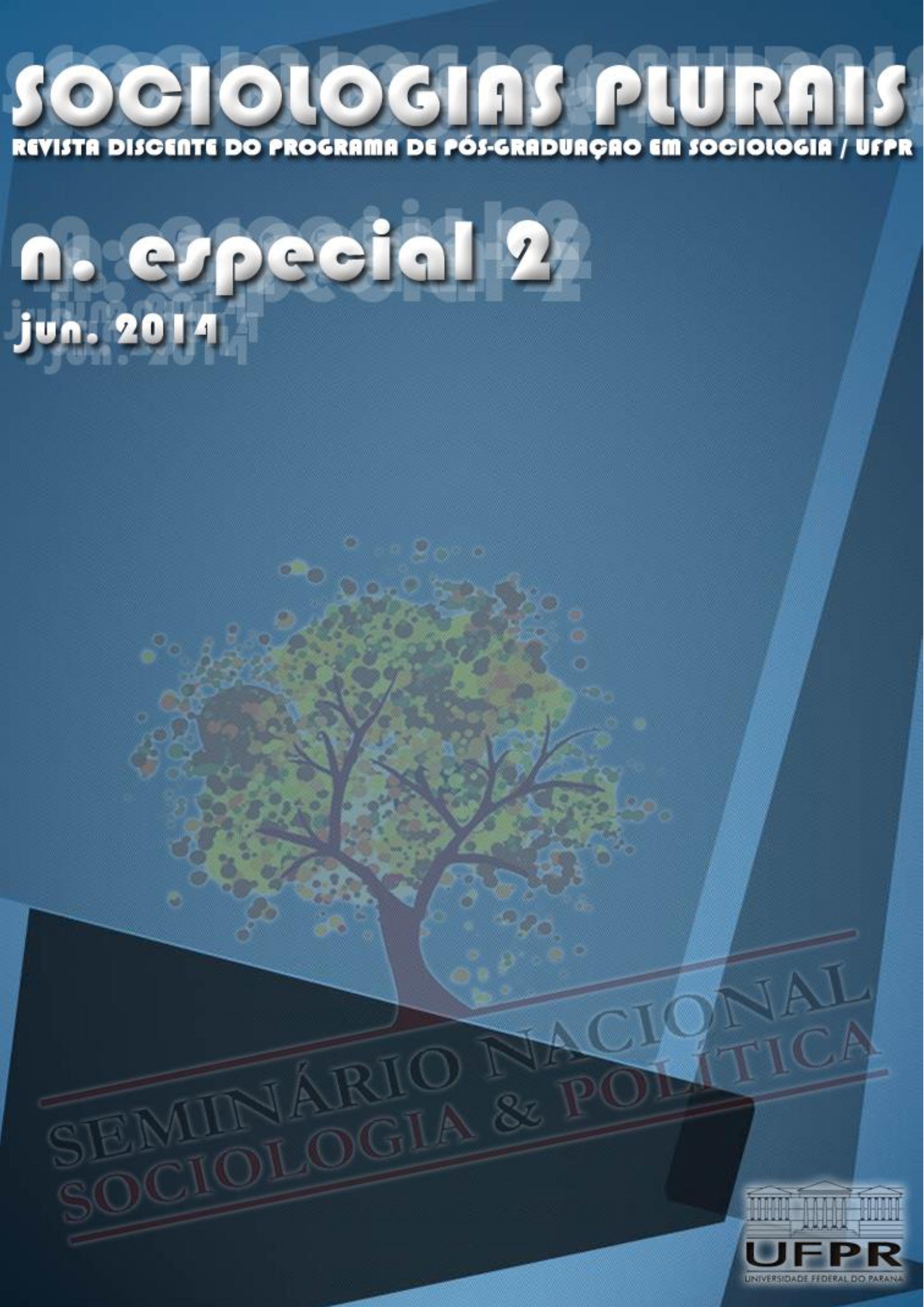PSYCHIATRIC REFORM AND PUBLIC POLICIES IN MENTAL HEALTH IN BRAZIL: AN ANALYSIS OF THE ACTORS
DOI:
https://doi.org/10.5380/sclplr.v2i2e.64813Keywords:
Psychiatric reform, Mental health, Public policyAbstract
The field of mental health is a complex field, full of divergences, marked by conflicts and disputes in all countries. In Brazil, with the Brazilian Psychiatric Reform, initiated in the 1970s, there is a major transformation in this field, from a model marked by psychiatric hospitalizations to a model of psychosocial care. The objective of this work, which is characterized as a theoretical-conceptual study, is to analyze the actors that were part of this process: professionals, users, family members, Antimanicomial Struggle Movement and Workers' Party, in an attempt to articulate the various forces that acted in the process. mental health field in the period between 1978 and 2001. Through the individual will of the actors and their organization in favor of antimanicomial struggle, it was possible that the Psychiatric Reform was developed in Brazil, bringing with it advances for the care of people with psychic suffering.
Downloads
Published
How to Cite
Issue
Section
License
Attribution-Non Commercial 4.0 International (CC BY-NC 4.0)
You are free to:
Share— copy and redistribute the material in any medium or format and
Adapt— remix, transform, and build upon the material.
Under the following terms:
Attribution — You must give appropriate credit, provide a link to the license, and indicate if changes were made. You may do so in any reasonable manner, but not in any way that suggests the licensor endorses you or your use.
Non Commercial — You may not use the material for commercial purposes.
No additional restrictions — You may not apply legal terms or technological measures that legally restrict others from doing anything the license permits.







